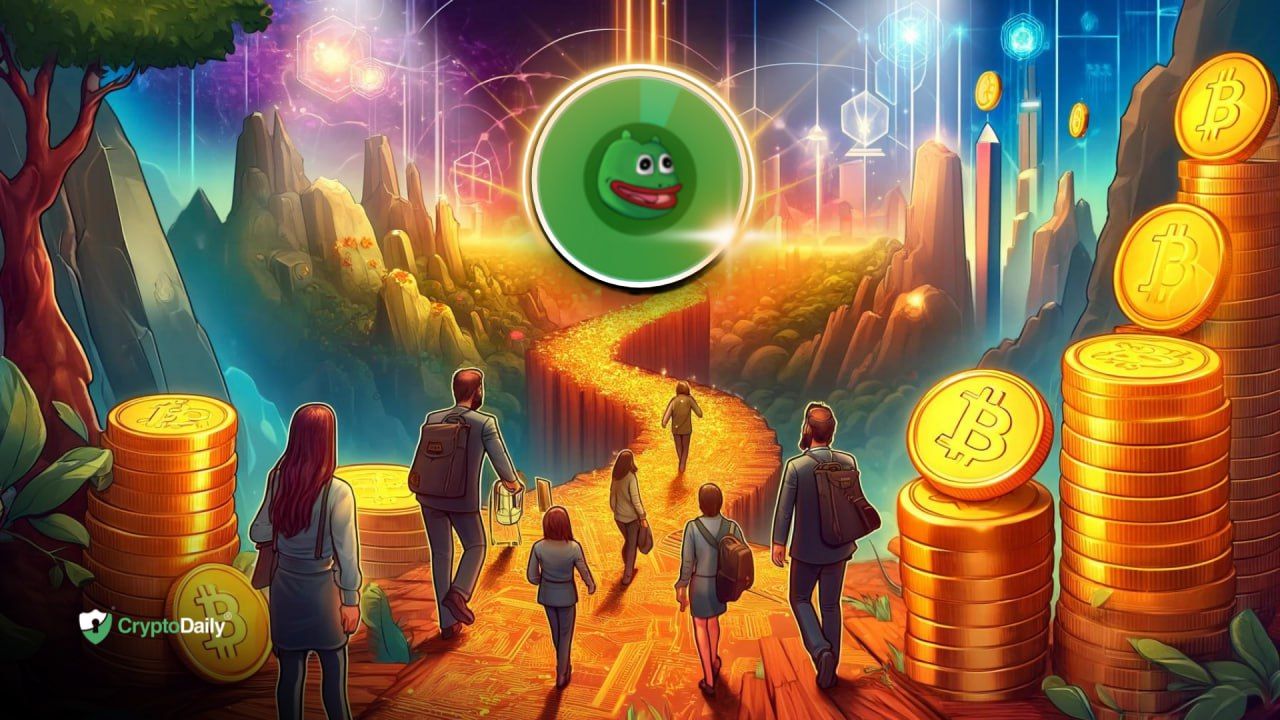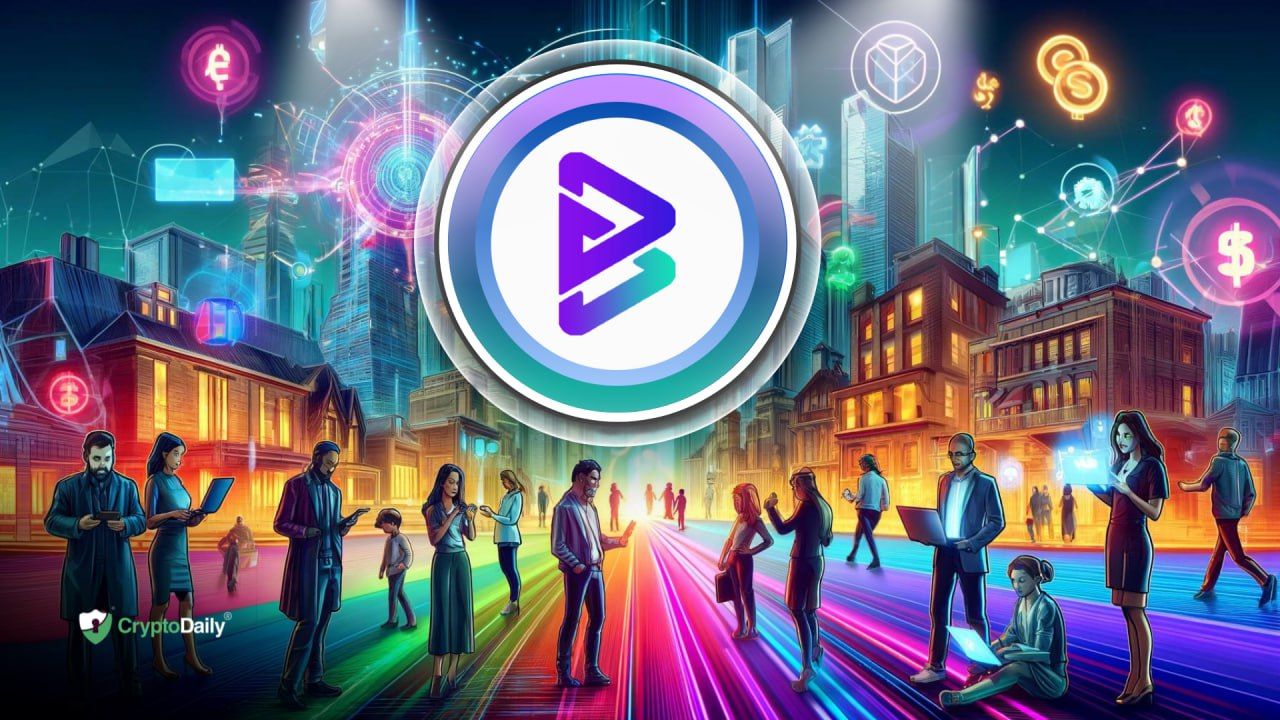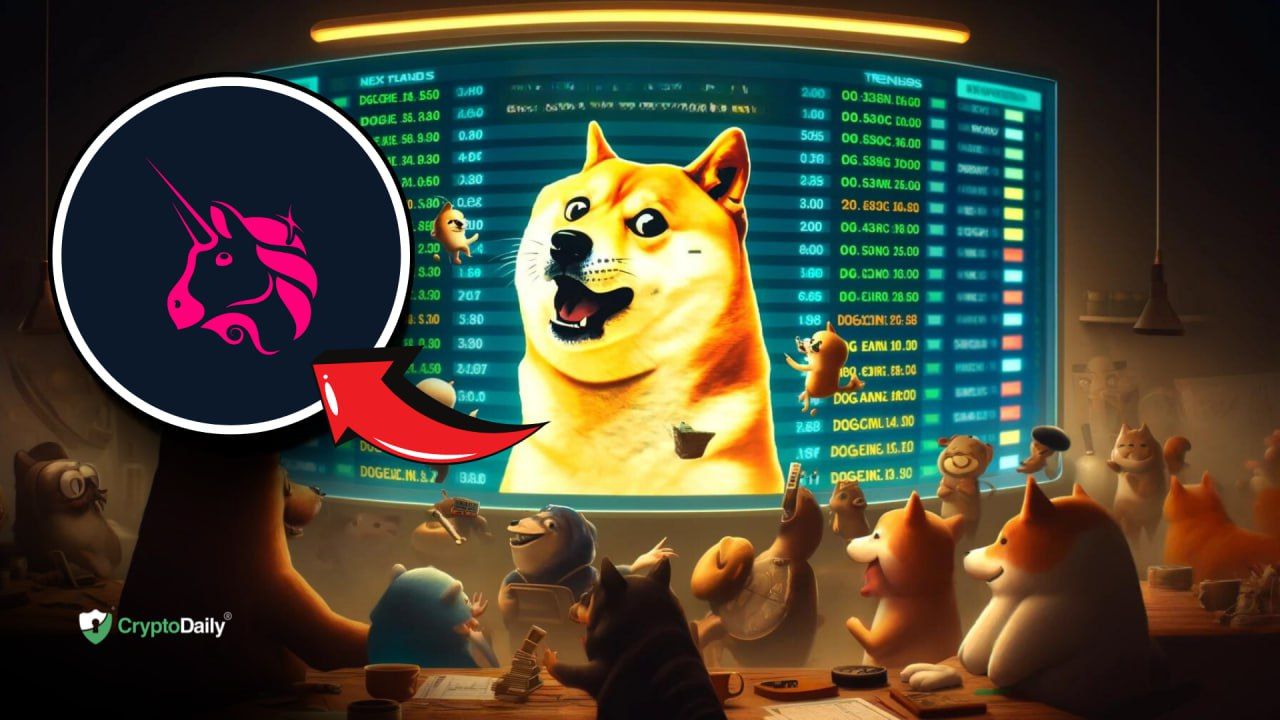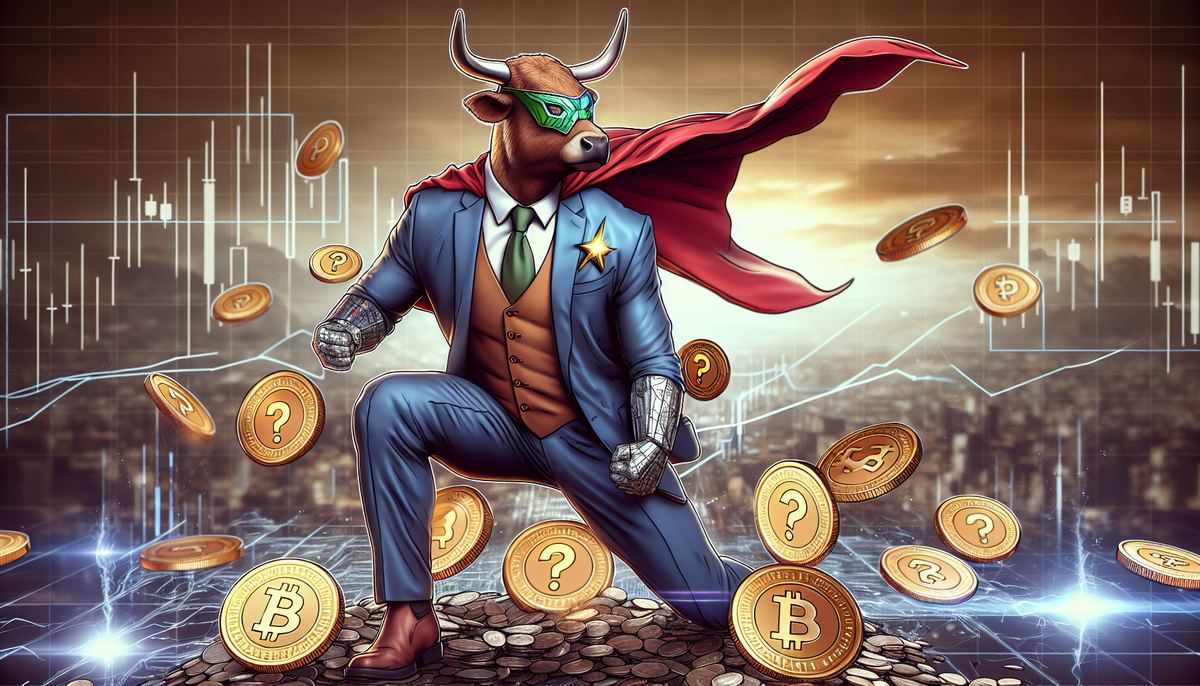Table of Contents
After more than a year of relative silence, ICON is generating some buzz with its latest efforts to bring blockchain to the masses.
This year, ICON launched ICONSENSUS, a self-described journey toward mass adoption of blockchain that includes four components related to the governance of the network and to its expansion and development.
Now the first phase, the election of the network governors, is beginning to take shape.
ICONSENSUS Election Campaign is Underway
Maintaining a decentralized network is a critical component of any public blockchain project, and ICON is designating that responsibility to the community. Twenty-two public representatives (P-Reps) will be elected by the ICON community in September, and those selected will have a distributed responsibility for maintaining the network.
Already, the election has 43 candidates, giving users plenty of options for choosing their representatives who will be tasked with producing and verifying blocks, validating transactions, proposing and voting on network policy changes, and promoting growth on the ICON ecosystem.
Those selected in P-Rep elections will receive both economic benefits and voting weight, which makes the process a critical component of ICON’s development.
Not a first
In 2018, TRON and EOS, two blockchain platforms that are striving to produce mature decentralized ecosystems, used an election mechanism with their communities.
Both projects had mixed results to say the least.
Community members elected Super Representatives and Block Producers respectively, and their campaigns attracted significant media attention, something that didn’t always help the platform mature.
When Lucien Chen, a co-founder of TRON left the company, he indicated that the platform itself controls many of the Super Representatives, calling into question the merits of its decentralized ethos.
Moreover, TRON’s election process was marred by information gaps that cast a shadow on the launch and made their appeals to transparency appear less sincere than they intended. Ultimately, it’s the ability to build a decentralized network that matters most.
Similarly, EOS was plagued by a vote buying scandal that called into question the platform’s integrity at a time when it was trying to bolster a community-centered reputation.
Although their elections were intended to create faster, more capable ecosystems, their many shortcomings served to upend each platform’s progress.
In an effort to learn from their predecessors, ICON’s elections provide rewards intended to incentivize decentralization. Whether it’s the continual rewards for ICONists who participate in the election or the full-circle inclusion through ecosystem expansion projects, the rewards seem to be more aligned with a decentralized network that other DPoS platforms.
ICON’s elections are expected to occur in September, and candidates are already targeting ICONists for their vote. Many candidates are communicating directly with community members through online channels like the ICON subreddit.
Given the crypto community’s past experience with election campaigns, there is an inherent incredulity about ICON’s ability to carry out fair elections that promote decentralization and community empowerment. Although the project has been largely silent for the past 18 months, it appears that it has managed to grow its community and ready to their voices in an important election. Here’s to hoping it doesn’t follow their predecessors’ path in the process.
Investment Disclaimer









